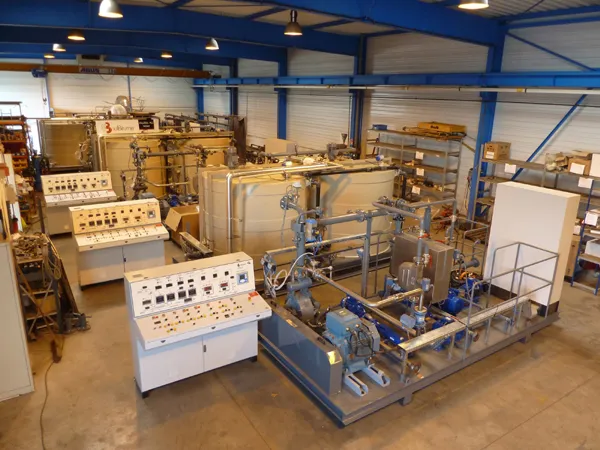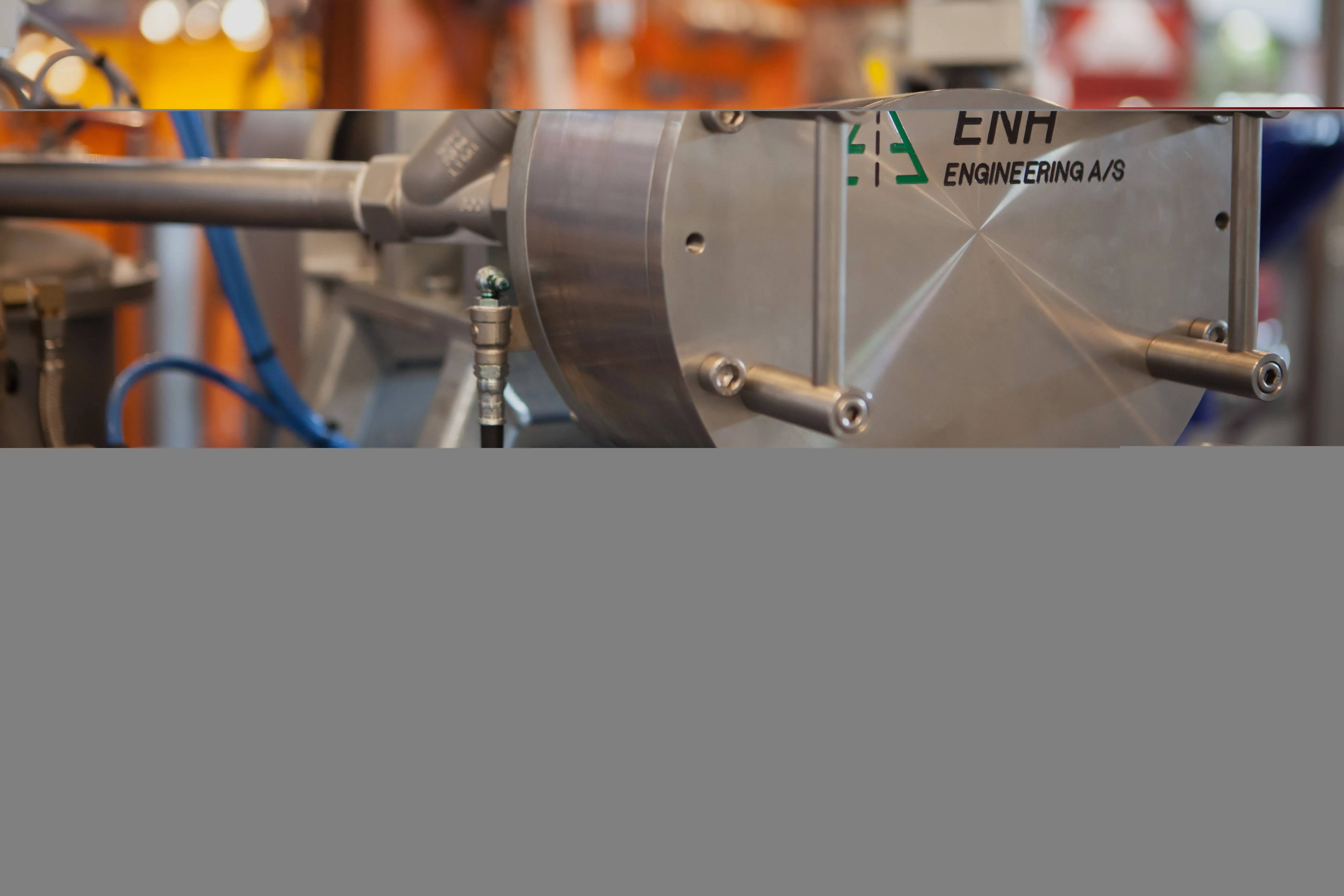Developed in 1933 by the French engineer M Rouaze, the Atomix(r) mill is now used by many customers across five continents and is able to make all types of emulsions including SBR [styrene butadiene rubber] and SBS [styrene-butadiene-styrene].
February 14, 2012
Read time: 2 mins

Developed in 1933 by the French engineer M Rouaze, the Atomix(r) mill is now used by many customers across five continents and is able to make all types of emulsions including SBR [styrene butadiene rubber] and SBS [styrene-butadiene-styrene].
French company209 Emulbitume, which says it is among those at the forefront of bitumen emulsion technology worldwide, has developed a new colloidal mill with a capacity of 6,000litres/hour (1,320 gallons).
"This new Atomix E is based on the same principle as existing Atomix units already manufactured by Emulbitume (B, A, D) but it will help to develop small mobile production units, offering the opportunity to be nearer to the job site," says Emulbitume. "In future, energy savings and the reduction of transportation will be the priority of road constructors and these units can help them to develop a new strategy." The units can be containerised, electrically heated and fitted with all the standard options that EmulBitume offers to its customers.
According to the company, the Atomix mill has many advantages including active leakproofness, even with modified bitumen; good and accurate particle size; easy and low maintenance costs; it can produce all types of emulsions requested by the market, and it is silent while running.
Like the other Atomix mills, Atomix E has enough pressure at the outlet to send the emulsion directly to the storage tanks (no additional pump needed), and it is driven by a 15kW electric motor.
Emulbitume, which specialises in the design, manufacture and commissioning of bitumen emulsions production units and macerator pumps, has over 30 years of experience in the bitumen emulsion and modified bitumen market with a presence in more than 65 countries and more than 250 units running. It offers a full range of products from units for laboratories to production devices, and to support its worldwide customers it offers technical support (research and design office together with its workshop) for services and maintenance.
French company
"This new Atomix E is based on the same principle as existing Atomix units already manufactured by Emulbitume (B, A, D) but it will help to develop small mobile production units, offering the opportunity to be nearer to the job site," says Emulbitume. "In future, energy savings and the reduction of transportation will be the priority of road constructors and these units can help them to develop a new strategy." The units can be containerised, electrically heated and fitted with all the standard options that EmulBitume offers to its customers.
According to the company, the Atomix mill has many advantages including active leakproofness, even with modified bitumen; good and accurate particle size; easy and low maintenance costs; it can produce all types of emulsions requested by the market, and it is silent while running.
Like the other Atomix mills, Atomix E has enough pressure at the outlet to send the emulsion directly to the storage tanks (no additional pump needed), and it is driven by a 15kW electric motor.
Emulbitume, which specialises in the design, manufacture and commissioning of bitumen emulsions production units and macerator pumps, has over 30 years of experience in the bitumen emulsion and modified bitumen market with a presence in more than 65 countries and more than 250 units running. It offers a full range of products from units for laboratories to production devices, and to support its worldwide customers it offers technical support (research and design office together with its workshop) for services and maintenance.








